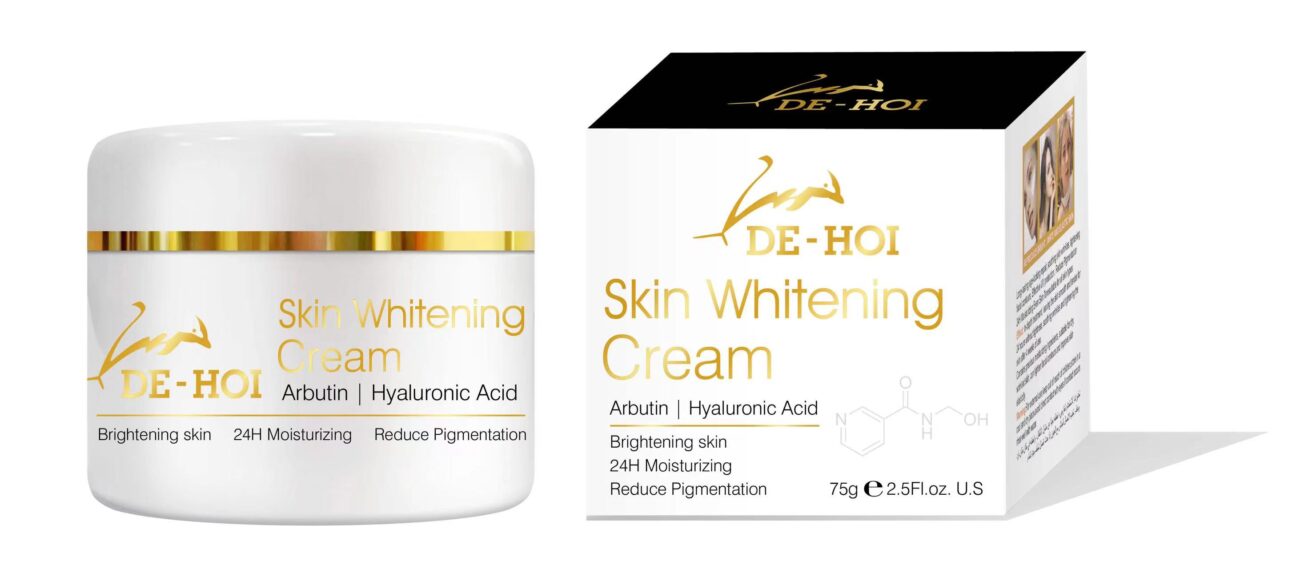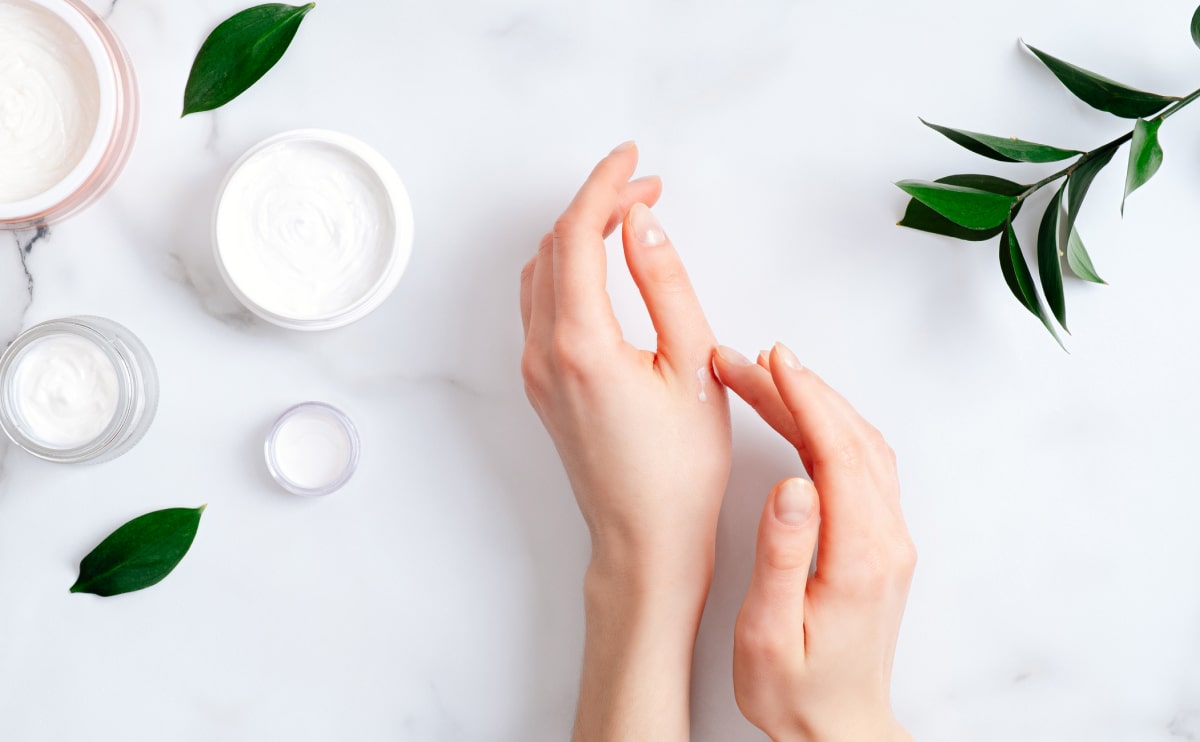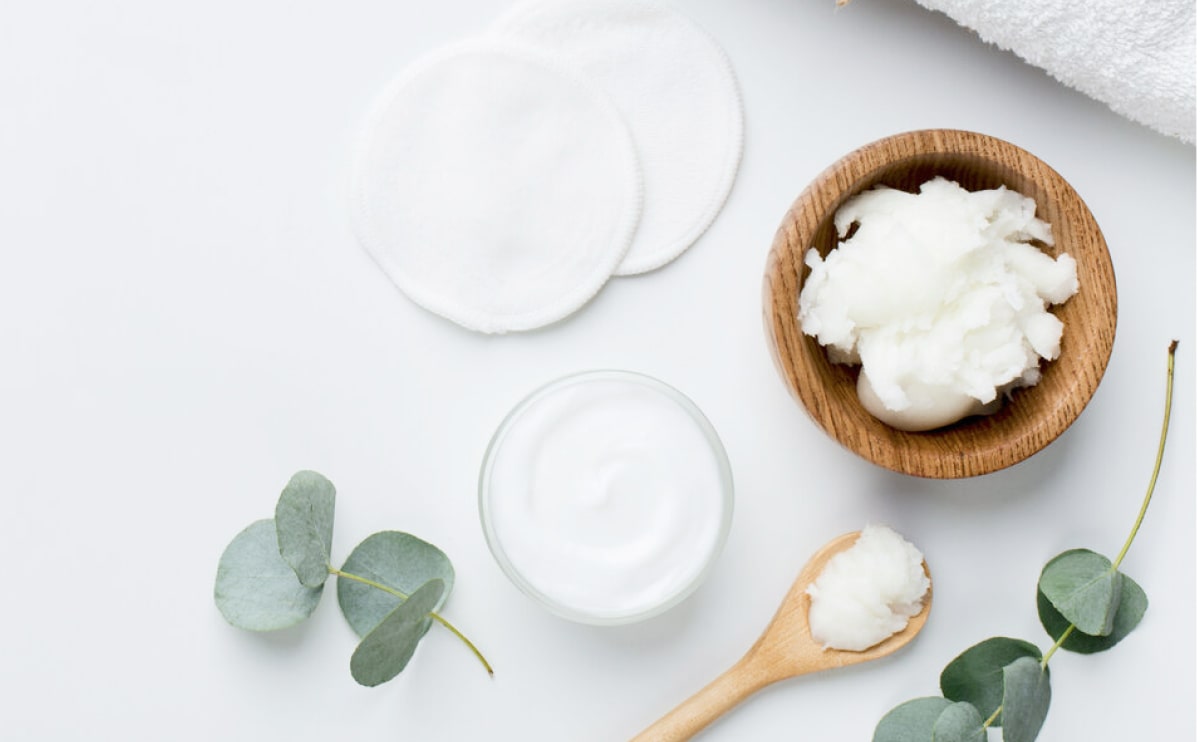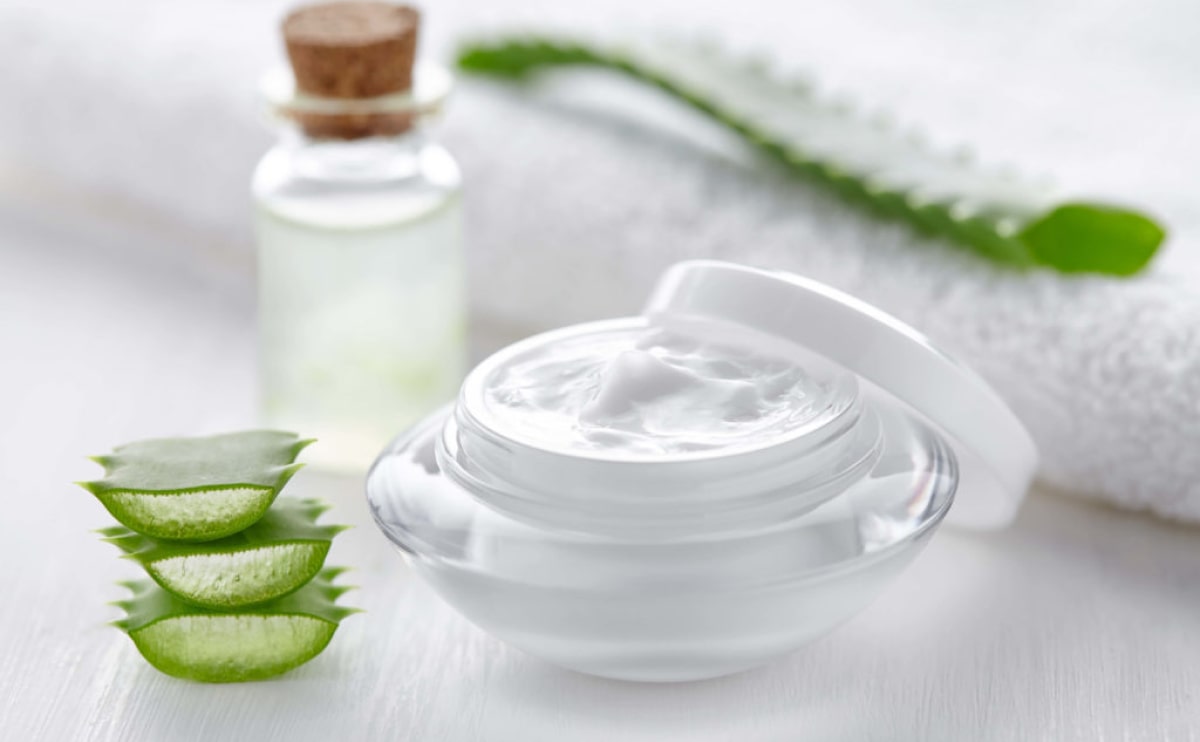In your quest to brighten skin, lighten dark spots, or reduce the appearance of hyperpigmentation, you’re likely curious about your options. One star ingredient that should be on your radar? Arbutin, a topical ingredient famed for its ability to leave your skin aglow.
Arbutin is a derivative of hydroquinone (a topical skin lightener), says Heidi Prather, MD, a board-certified dermatologist with Westlake Dermatology and a member of the American Academy of Dermatology in Westlake, Texas. The ingredient can either be made synthetically in a lab or derived from certain plants in the Ericaceae family.
Read on for more information about arbutin, including its different forms and how it stacks up compared to other skin-lightening ingredients.
The Skin-Care Benefits of Arbutin
“Arbutin evens out and brightens skin tone, lightens darkened areas, and can help with the appearance of scars,” says Annie Chiu, MD, a board-certified dermatologist with The Derm Institute in North Redondo Beach, California.
Arbutin has this effect when it reacts with melanin, the natural pigment in your skin. When skin produces excess melanin, hyperpigmentation — that is, spots where skin is darker) — can occur.Sun exposure, pregnancy, or the use of certain medications may cause hyperpigmentation. But arbutin acts on the melanin pathway to suppress melanin activity, says Dr. Prather. The melanin pathway is essentially the complex process where skin produces pigmentation. Various skin-brightening ingredients act on different steps of this pathway, Prather explains. Arbutin itself suppresses the activity of tyrosinase, an enzyme that plays an important role in melanin production, says Suzanne Friedler, MD, a board-certified dermatologist with Advanced Dermatology PC in New York City.
Small trials show that arbutin is more effective in decreasing spots of hyperpigmentation than controls, one review notes, though the strength of some of these studies is lacking. What’s more, note the researchers, arbutin has antioxidant properties, which may also play a role in its brightening benefits by reducing oxidative stress in the skin.

Potential Side Effects of Arbutin
The good news is that arbutin tends to be gentler and less irritating compared with other brighteners (like hydroquinone), says Chiu. “It’s especially beneficial for patients with sensitive skin,” she says. Yet if you have a skin condition such as acne or rosacea, talk to your doctor before using new products, including those containing arbutin.
Dermatitis or contact dermatitis (skin irritation caused by contact with an allergen) is a possible side effect of arbutin use. Symptoms to watch for include redness, itchiness, dryness, blisters, or rashes.
How to Add Arbutin to Your Skin-Care Routine
You can safely use arbutin in concentrations up to 2 percent for face creams and at 0.5 percent in body lotions, Chiu notes, adding that the ingredient is “safer and less aggressive compared to hydroquinone.” (While hydroquinone in concentrations above 1 percent has been banned in cosmetic products in the EU, Japan, Australia, and several countries in Africa, arbutin is safe in the above concentrations because the hydroquinone is released slowly and the skin is not exposed to too much of it at any one time, she explains.)
You may choose to use more than one brightening ingredient in your routine. Prather suggests pairing arbutin with retinol to enhance skin cell turnover and improve absorption of the product. The good news is that arbutin plays well with other ingredients, says Chiu: “There are no known interactions between it and other skin-care ingredients.”
When using arbutin, she recommends applying it to your whole face once or twice a day or using it as a spot treatment to target specific areas.
You also need to be wary of sun exposure, because that can cause hyperpigmentation in the first place. Every day, “use a good mineral-based SPF 50 sunscreen to protect your skin from the hyperactivity of the melanin pathway,” Prather says. “If you can’t do sunscreen, it’s not worth spending money on skin-brightening products.”
Use arbutin for two to three months before assessing results, says Prather. Talk to a board-certified dermatologist for help creating the best routine incorporating complementary ingredients for your skin concerns.
Summary
Arbutin is a skin-brightening ingredient that targets dark spots, hyperpigmentation, and scars. While it is less potent compared to hydroquinone, it has a stronger safety profile with fewer risks of side effects.







